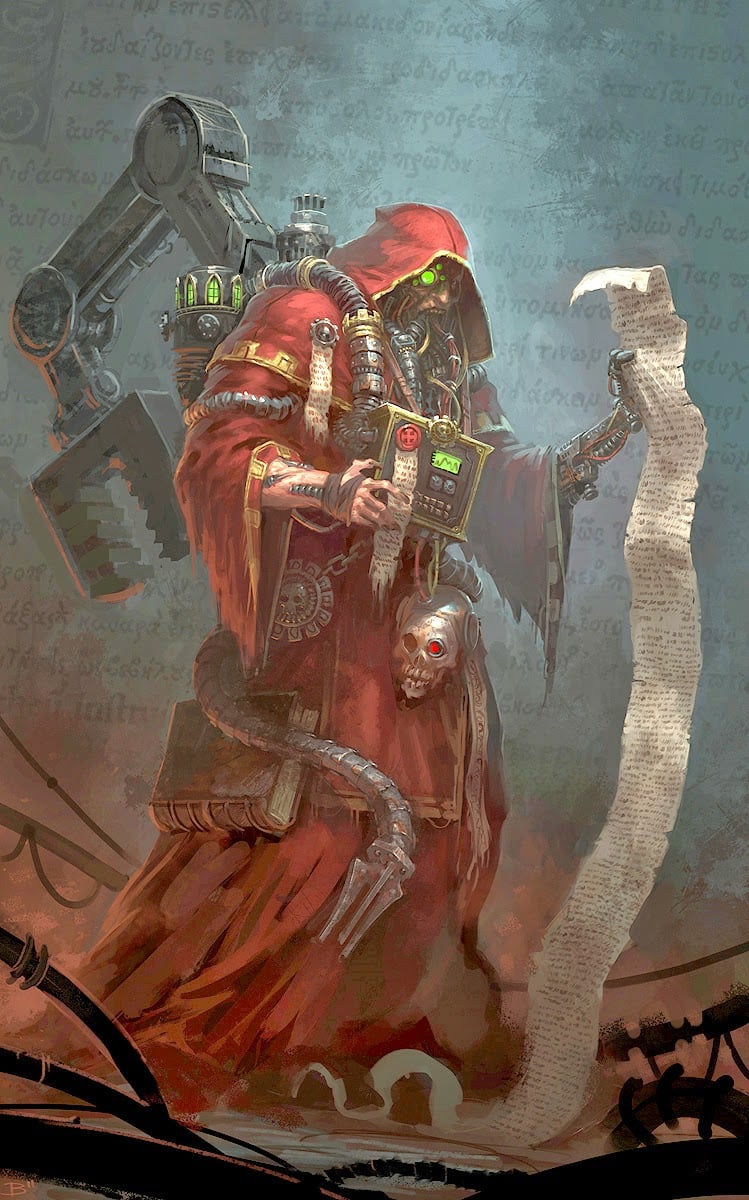- cross-posted to:
- mapporn@lemmy.world
- cross-posted to:
- mapporn@lemmy.world
Are all German numbers like that?
No, it gets more confusing the more numbers you add. 34563 4+30 thousand +500 3+60
Ow my brain.
Also funny because I had assumed English got the numbering system from German.
I think they used to do it in English as well. For example I remember Jane Austen using both twenty-one and one-and-twenty. So I’m guessing it used to be the same as in German, then for some time you could use both and now one-and-twenty is not used anymore.
You probably did, but then you did the sensible thing and (mostly) changed it around. You can read some 19th century novels and find stuff like “I am two and twenty years old”.
Mostly because it’s still the old order for the teens. 1616 could be read as sixteen hundred sixteen, right?
Hmm is that actual English usage or an author thinking in German and translating badly (there were lots of German immigrants to North America).
I don’t think e.g. Jane Austen was German.
Or Shakespeare…
Thy fifty yet doth double five and twenty.
I don’t think I’ve seen people read 1616 as sixteen hundred sixteen. You could read 1600 as sixteen hundred, but when there are numbers in the tens and ones spots I don’t see anyone using it. The whole thing using sixteen-hundred is weird to me, it’s one thousand six hundred sixteen.
I’ve heard it lots of times (sometimes just as “sixteen sixteen”) - mostly for years though.
And it seems like Wikipedia agrees:
In American usage, four-digit numbers are often named using multiples of “hundred” and combined with tens and ones: “eleven hundred three”, “twelve hundred twenty-five”, “forty-seven hundred forty-two”, or “ninety-nine hundred ninety-nine”.
And that’s because the numbers we use today where originally brought to Europe by Arabs. Arabic is read right to left. So having reading numbers that way used to be the ‘correct’ way in lots of languages. German is just one of the few ones that stuck with it.
Of course, why would 92 be an exception? (Only numbers with a thousand-group ending in 21-99 do that, though)
See French going nuts for 92.
What I mean is they also follow their own weird rules, 92 uses the same system as 91 or 93.
Yes, Germans say numbers like that. (It only applies to the tens tho)
Roughly translated you’d say two-and-ninety (without the minus, I just made those so it doesn’t look that cursed)
It’s mainly because at least in German it flows better than ninety two would. There have been pushes to accept ninety two as well but acceptance has been and continues to be scarce.
(It only applies to the tens tho)
Tens, but also ten-thousands, ten-millions, ten-billions … you get the gist.
Who out here is calling ninety two as two ninety?
Look at the map, dude. German, Dutch, Slovenian, sometimes Norwegian (and Czech). Usually adding “and” between the two numbers.
You missed the traditional Celtic systems.
Welsh should be both 9 x 10 + 2 and 2 + 10 + 4 * 20.
And Irish – I didn’t get it, they seem to have a modern 9 x 10 + 2 system, an old vigesimal and one for age?
In Hungary we don’t even have a separate name for 11 and 12, just 10 + 1 and 10 + 2. But at least we messed up the billions, it’s called ‘milliárd’ and the trillion is ‘billió’. We were so close to making it perfect.
*sigh* That’s normal across Europe, including the UK until recently.
https://en.wikipedia.org/wiki/Long_and_short_scales
Anyway, don’t tell me Hungarian is sensible when second (unit of time) is “másodperc”.
Italy joins the club of messing up the billions 🙌
For us a billion is “un miliardo” and a trillion is “un bilione”
I think that’s fairly normal in Europe, isn’t it? In Germany we have Million, Milliarde, Billion, Billiarde instead of million, billion, trillion and so on, too.
Yea, that shit confused me so damn many times before!
So what is going on in Walloon and Swiss French? Is it just the Parisian dialect that is messed up?
Swiss French are reasonable people, they’re using 90+2.
4*20+12
Four score and twelve
Quatre vingt douze
It’s a quatre vingt doozy!
Man and here I thought the English system was kinda screwy, where at first it’s in base 12 and base 20 at the same time what with having special unique names for all digits up to twelve, and then thirteen through nineteen are also uniquely weird, then at twenty we decide “man fuck that” and then it’s in base 10 until we repeat that pattern every 100, ie “one hundred seventeen.” Or then we occasionally do stupid things like “seventeen hundred” instead of “one thousand seven hundred.”
It just now hit me that “teenager” is an inherently English construct because that weird partial second decade we have. I’m curious, how does that work in languages? Like, in French they have special words up to 16 and only do “ten-seven, ten-eight, ten-nine.” You spend seven years as a teenager in England but only three in France.
In Czech, we say náctiletý but that applies to 11 (jedenáct) through 19 (devatenáct)
Germanic languages share this. German has neun, zehn, elf, zwölf, dreizehn, vierzehn…
But continues after that. Apart from 11 and 12 the german system is consistent within itself, even if the system itself is kinda weird, English less so.
Edit: What i meant is the difference between ten/teen, whereas German uses zehn (“ten”) to build the “compount numbers”. There is also thir-teen as opposed to three-ten, which isn’t quite what eleven and twelve are, but it’s also not the same as the numbers following it. But others have pointed out that these are pretty marginal differences and i would agree.
Literally every single point listed by @captain_aggravated@sh.itjust.works applies 100% identically to German. Could you explain how English is less consistent than German?
English has four-teen fif-teen etc. up until twenty and from that point forward has the decade in front of the single number twenty-one. In contrast to German which at least Always has the single digit in front of the decade
🤯 Didn’t notice that one! Yes, that’s indeed more irregular in English!
We say dreizehn (three-ten) but dreiundzwanzig (three-and-twenty), so it’s not consistent for the same range of numbers as English. But it’s a bit more consistent because at least we don’t make up new words for 13-19 (“thir”, “teen”).
There’s also they way it’s said in Basque which is 4 x 20 + 12.
So exactly like French on the map ?
Czechia should also be a combination of both 90+2 and 2+90
Ahoj! We’re like ⅞ „devadesát dva“ and ⅛ „dvaadevadesát“. Some numbers have it higher (25 is closest to ½/½) but we use inverse reading quite rarely overall.
Join [czech-lemmy.eu](https://czech-lemmy.eu)
What’s going on in Denmark?
It’s base 20 like in France, plus the quirk that we have an ordinal numeral way of saying half integers, i.e. 1.5 is “half second”, 2.5 is “half third”, 4.5 is “half fifth”. So 92 is said as “two and half fifth times twenty”. We’ve since made the “times twenty” implicit for maximum confusion, so it’s just said as “two and half fifths”.
Also, the ordinal numeral system for halves is only really used for 1.5 these days, so the numbers don’t really make sense to anyone. When speaking to other Scandinavians, we often just say “nine ten two”.
Why don’t we just change it to the more sensible system then? Because language is stubborn.
1.5 is “half second”, 2.5 is “half third”, 4.5 is “half fifth”
Interesting.
Regionally, someGermans measure time like this, i.e. “half two” is 01:30 resp. 13:30. (Which is different from English, where people who say “half two” mean “half past two”.)We’ve since made the “times twenty” implicit for maximum confusion, so it’s just said as “two and half fifths”.
I know very little about Danish, but I learned that Danes slur the middle of most words. So I suspect you actually pronounce even less of the word than you’d write…?
Because language is stubborn.
Belgian French gives me hope.
–
[Edited: Usage is not regional]
Regionally, some Germans measure time like this, i.e. “half two” is 01:30 resp. 13:30.
This isn’t regional nor “some”, I never met a German wo doesn’t. Sure, there is “13 o’clock 30” and both are valid but I’d say the default is still the half system.
When it comes to quarters, there are regional differences and it’s a common “ice breaker” or small talk topic when people from all over Germany come together.
I am dumb. I confused this with dreiviertel vs. Viertel vor.
30 (tredive) you cited seems to be the exception, as it’s not “halbtots” or something.
# 🇩🇰 1 en 2 to 3 tre 4 fire 5 fem 6 seks 7 syv 8 otte 9 ni 10 ti 11 elleve 12 tolv 13 tretten 14 fjorten 15 femten 16 seksten 17 sytten 18 atten 19 nitten 20 tyve 21 enogtyve 22 toogtyve 30 tredive 40 fyrre 50 halvtreds 60 tres (threes) 70 halvfjerds (½fourths) 80 firs (fours) 90 halvfems (½fifths) 92 tooghalvfems (twoand½fifths) 100 hundred In Czech, we say „čtvrt na osm“ (quarter to eight), „půl osmé“ (half of eighth) and „tři čtvrtě na osm“ (¾ to eight) to mean
19:15,19:30and19:45, respectively, so I kinda get it.
Similarly, in German, 🕢=„halb acht“.Funny enough, I grew up saying “quarter of eight” to mean 19:45. It took until my mid-20s to realize its probably a regional thing because, after I left Philadelphia (my home city) and moved to Chicago, everyone thought I meant 20:15.
Mmm, American using 24h time. I know nothing else about you but this gets you +0.5 on an attractiveness scale.
We also do this in germany
Ja, ich spreche auch ziemlich gut Deutsch. Ich würde aber lieber die Angelsächser mit meiner Fähigkeit „čtvrt“ (tschtwrt) zu aussprechen beeindrucken.
Haha sehr gut ;)
Username checks ou… oh sorry, I forgot where I am, for a moment.
*czechs
Yeah, this is why I chose it – it represents me well. And not only is feddit.de the fastest Lemmy server for me, I spend lots of time with the Germans because Czechs are fine with Reddit and czech-lemmy.eu is empty.
Now I followed your link and was overwhelmed by my intuitive understanding of the subtleties of the Czech language … even better than reading Dutch … until I noticed the “translate” in the URL :'-(.
TIL that it not French with the weirdest way to count. I still don’t really get the Danish way. Even with your explanation.
It’s not really an explanation, just a table where I leave the linguistically inclined to figure it out. The point is, the “s” at the end is short for “×20” and “half fifth” is short for ●●●●◖ = 4½ (four and half of the fifth).
Thanks. Do you know the history of that?
Maybe the Danish don’t just count with their fingers to 10, but include their toes… So 10 fingers + 10 toes = 20?
I think Denmark should stop doing crack.
If that’s crack I really wonder what crazy shit the US and UK take to end with the imperial system!













